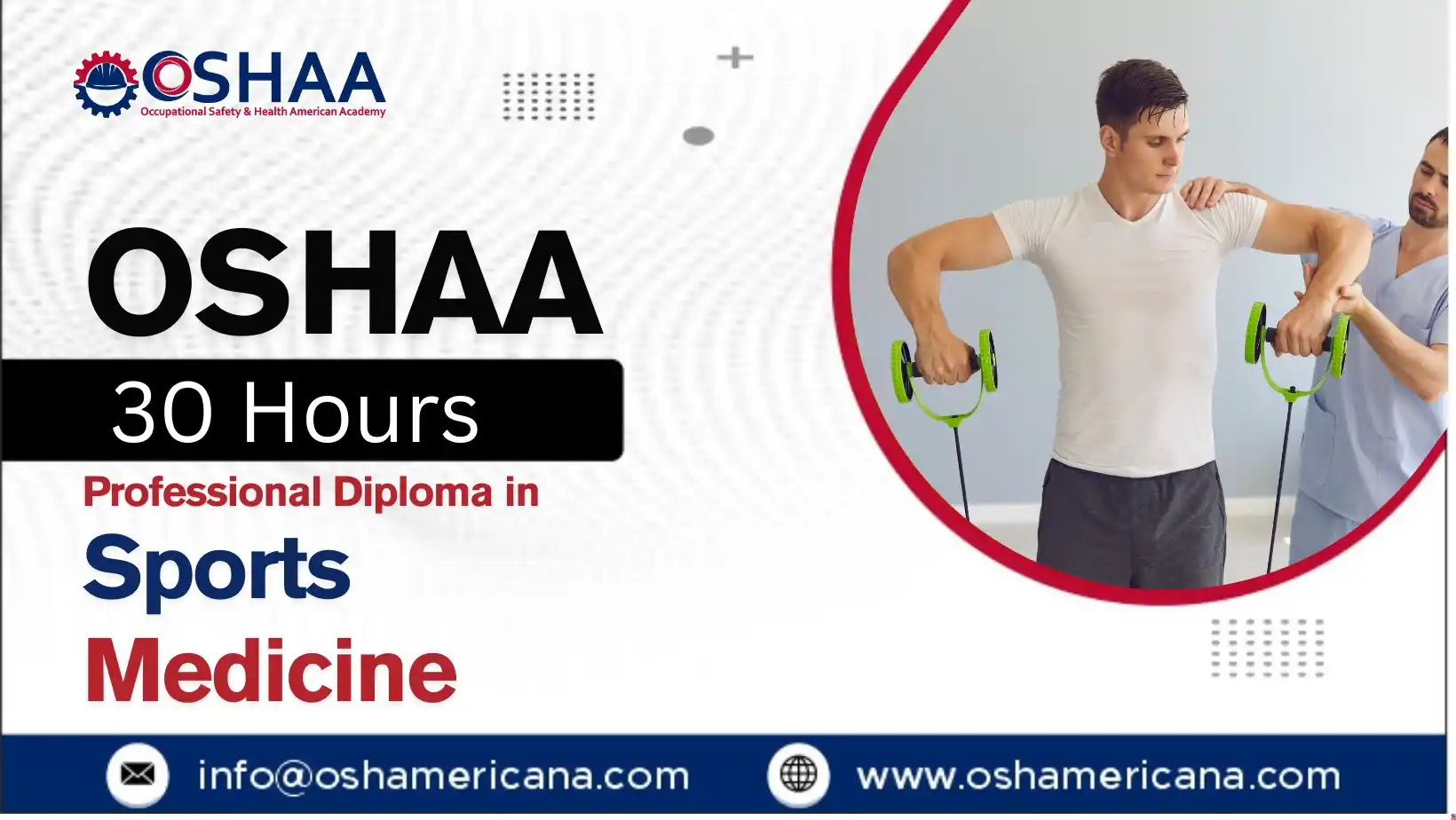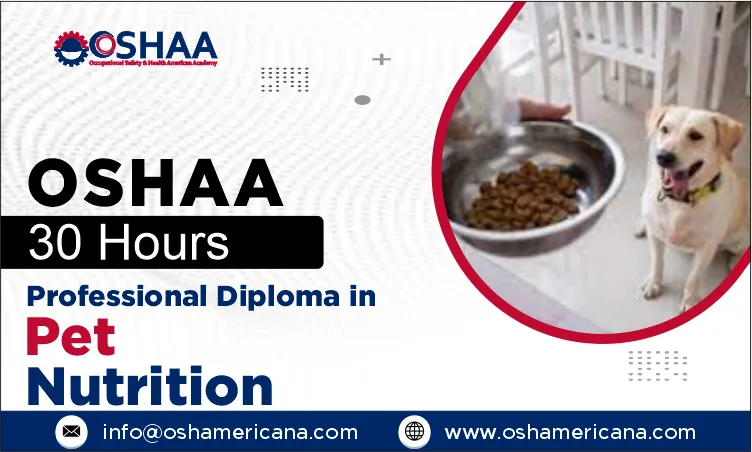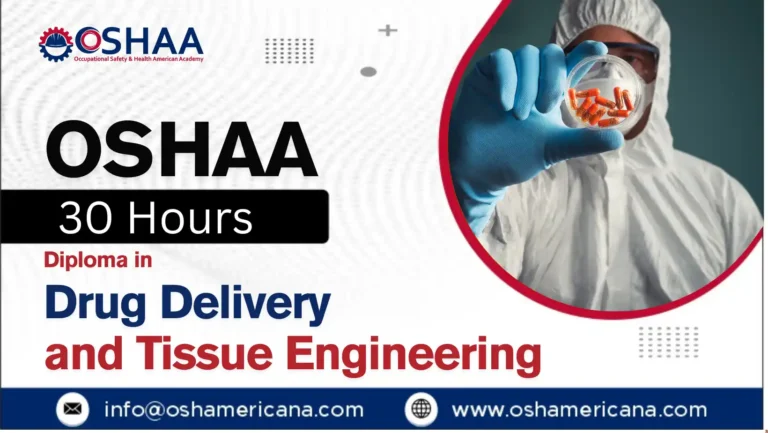The OSHAA 30-Hours Professional Diploma in Sports Medicine is an intensive and highly relevant qualification designed for those working within or aspiring to join the field of sports health, rehabilitation, and performance support. This diploma offers participants a robust understanding of the principles, practices, and clinical foundations of sports medicine, with a strong emphasis on injury prevention, recovery, and athlete wellbeing.
Developed in line with UK professional standards, the programme integrates current research and applied knowledge to equip participants with the competencies needed to support both amateur and elite-level athletes. The course covers a wide range of topics, including musculoskeletal anatomy, common sports injuries, biomechanics, rehabilitation protocols, and emergency response in athletic settings.
This diploma is ideal for those in sports coaching, fitness training, physiotherapy support, or any profession where an understanding of sports medicine can enhance outcomes and reduce risk. Participants completing the programme are better prepared to contribute to the prevention, management, and rehabilitation of sports-related injuries within both clinical and field environments.
The OSHAA accreditation assures quality and recognition, offering participants a professional edge in a competitive sector. The practical relevance of the course content ensures that skills gained can be applied immediately within sporting, healthcare, and training settings.
OSHAA 30-Hours Professional Diploma in Sports Medicine
Study Units
Learning Outcomes
Introduction to Sports Medicine and Athlete Health (3 Hours)
- Understand the scope, principles, and importance of sports medicine
- Identify the roles of professionals within sports health teams
- Recognise key factors influencing athlete wellbeing and injury risk
- Explore ethical considerations in athlete care and performance management
Functional Anatomy and Musculoskeletal Physiology (5 Hours)
- Identify key anatomical structures involved in athletic movement
- Understand muscle, joint, and connective tissue function under physical stress
- Analyse how the musculoskeletal system responds to training and injury
- Apply anatomical knowledge to inform injury prevention and rehabilitation
Common Sports Injuries: Causes, Types, and Risk Factors (4 Hours)
- Recognise common acute and chronic sports injuries across various disciplines
- Understand mechanisms of injury in different sporting contexts
- Identify intrinsic and extrinsic risk factors contributing to injury
- Evaluate the signs, symptoms, and potential complications of common injuries
Injury Prevention and Performance Optimisation (3 Hours)
- Apply evidence-based strategies to reduce the risk of sports injuries
- Understand the role of conditioning and flexibility in injury prevention
- Integrate load management and recovery principles into performance planning
- Promote safe training environments and habits to enhance athletic output
Principles of Rehabilitation and Recovery (4 Hours)
- Understand stages of rehabilitation from initial treatment to full return to sport
- Explore rehabilitation methods including exercise therapy and manual techniques
- Develop appropriate recovery plans tailored to injury type and severity
- Monitor progress and adjust interventions based on functional outcomes
Emergency Care and First Response in Sport (3 Hours)
- Recognise medical emergencies commonly encountered in sport
- Understand immediate care protocols for acute injuries and trauma
- Apply basic life support and on-field management techniques
- Respond confidently and safely in high-pressure sporting situations
Biomechanics and Movement Analysis (3 Hours)
- Understand the biomechanical principles of movement in athletic performance
- Identify faulty movement patterns that may lead to injury
- Use movement analysis to assess performance and inform intervention
- Integrate biomechanical insight into rehabilitation and training programmes
Sports Nutrition and Hydration Strategies (5 Hours)
- Understand the nutritional demands of different sports and training phases
- Apply principles of macronutrient and micronutrient planning for performance
- Recognise signs of dehydration and implement effective hydration strategies
- Support recovery and energy optimisation through tailored nutrition plans
Course Benefits – OSHAA 30-Hours Professional Diploma in Sports Medicine
- Provides a comprehensive understanding of sports-related injuries, their causes, and evidence-based treatment methods
- Equips participants with practical skills in injury prevention, first response, and rehabilitation planning
- Enhances knowledge of functional anatomy, biomechanics, and physiological processes vital to athletic performance
- Improves the ability to analyse movement patterns and address performance-limiting factors
- Develops confidence in handling on-field emergencies and managing acute sports injuries effectively
- Strengthens awareness of the psychological and nutritional needs of athletes during both training and recovery
- Encourages multidisciplinary collaboration by integrating roles across coaching, therapy, and medical teams
- Offers a professionally recognised OSHAA-accredited qualification, supporting career advancement in sports healthcare and performance
- Supports immediate application of skills in coaching, physiotherapy support, fitness training, and clinical environments
- Promotes athlete-centred care with a focus on health, safety, long-term performance, and wellbeing
The OSHAA 30-Hours Professional Diploma in Sports Medicine is ideal for participants working in or aspiring to roles within sports health, fitness, and rehabilitation sectors. It is particularly suited to:
- Sports coaches and trainers seeking to enhance injury prevention and management skills
- Physiotherapy assistants and support staff involved in athlete care
- Fitness professionals and personal trainers aiming to deepen their understanding of sports medicine principles
- Healthcare practitioners working with athletic populations in clinical or community settings
- Emergency responders and first aiders specialising in sports environments
- Individuals interested in pursuing careers in sports therapy, rehabilitation, or related disciplines
This course is designed for participants committed to advancing their expertise in supporting athlete health, optimising performance, and contributing to safe and effective sports participation.







